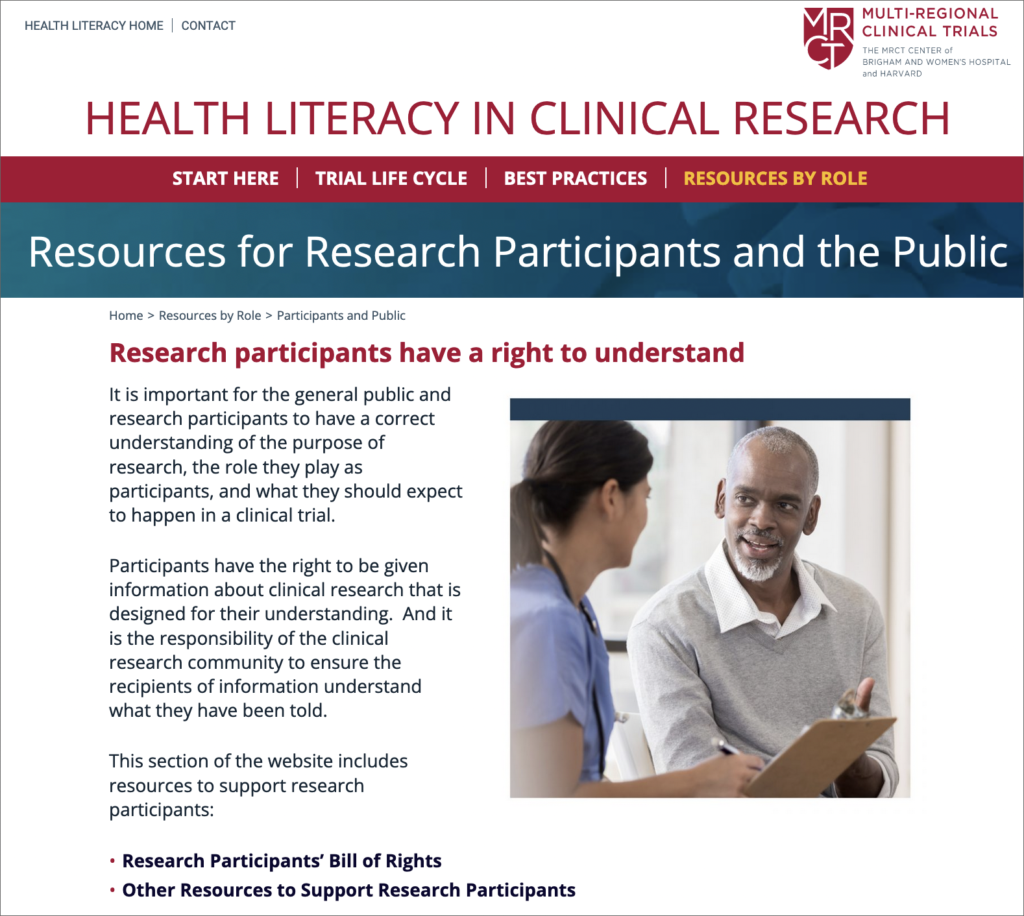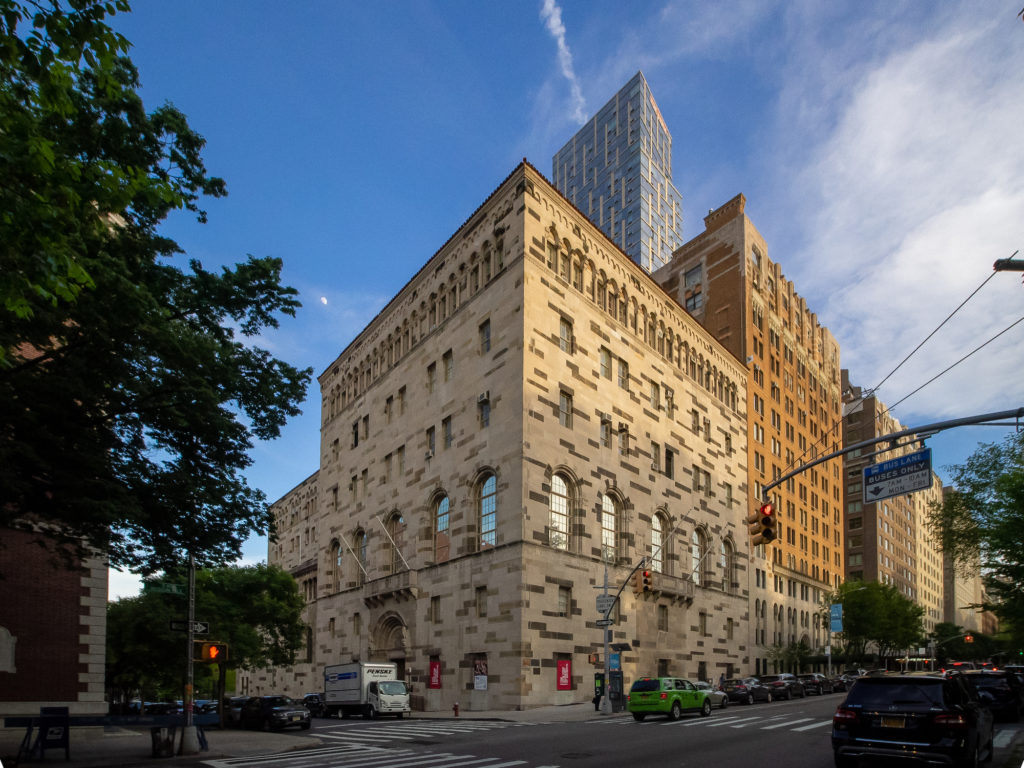Public Libraries and Their Health Resources
New York City’s extensive public library system offers a wealth of health information resources for residents, providing access to credible information and support for health literacy. These resources are crucial for empowering individuals to make informed decisions about their health and well-being. The libraries provide a vital community service, supplementing healthcare access and promoting public health initiatives.
Major Public Library Systems in New York City and Their Health Resources
The following table details some of the major public library systems in New York City and the health-related materials they offer. Note that specific offerings may vary by branch location.
| Library Name | Address (Example – may vary by branch) | Website | Notable Health Resources |
|---|---|---|---|
| New York Public Library (NYPL) | Various locations throughout Manhattan, the Bronx, and Staten Island | www.nypl.org | Extensive collection of health-related books, ebooks, and audiobooks; access to health databases such as Gale Health Reference Center and MedlinePlus; online resources on various health topics, including disease information, mental health support, and healthy living guides. They often host health-related programs and workshops. |
| Brooklyn Public Library (BPL) | Various locations throughout Brooklyn | www.bklynlibrary.org | Similar to NYPL, BPL offers books, ebooks, and online resources on a wide range of health topics. They also frequently partner with local health organizations to offer health-related programs and workshops. |
| Queens Public Library (QPL) | Various locations throughout Queens | www.queenslibrary.org | QPL provides access to health information through books, online databases, and digital resources. Their collection covers topics such as nutrition, fitness, mental health, and chronic disease management. They may also offer health-related programs and events. |
| New York City Department of Health and Mental Hygiene (DOHMH) Library | 125 Worth Street, New York, NY 10013 | (While not a public library in the traditional sense, it offers significant health resources) Access may be limited to professionals | Specialized collection focusing on public health research, data, and reports. Access to this collection may be restricted to researchers and public health professionals. |
Examples of Health Topics Covered
The libraries’ health collections cover a broad spectrum of topics, including but not limited to: diabetes management, heart health, mental health (anxiety, depression, stress management), nutrition and healthy eating, chronic disease management, women’s health, men’s health, children’s health, substance abuse, and aging. Specific titles and resources will vary depending on the library branch and availability.
Community Health Centers and Educational Materials
New York City boasts a robust network of community health centers (CHCs) that play a vital role in providing accessible and comprehensive healthcare services, including crucial health education resources to diverse communities. These centers are strategically located throughout the five boroughs, ensuring that residents, regardless of socioeconomic status or geographic location, can access vital information and support for maintaining their well-being. Their commitment extends beyond clinical care, encompassing preventative measures and health literacy initiatives.
Community health centers in NYC offer a wide range of health education programs and materials designed to empower individuals and families to make informed decisions about their health. These programs are tailored to meet the specific needs of the communities they serve, often addressing prevalent health concerns within those populations. The approach is multifaceted, employing various methods to reach a broad audience and cater to different learning styles.
Prominent NYC Community Health Centers and Their Locations
Several prominent community health centers operate across New York City. For example, the NYC Health + Hospitals system operates numerous health centers across all five boroughs. These centers are geographically dispersed to maximize accessibility. Other significant players include Federally Qualified Health Centers (FQHCs) like the Neighborhood Health Plan, which has multiple locations, and various independent CHCs. Precise addresses and contact information for all these centers are readily available online through the NYC Department of Health and Mental Hygiene website and individual CHC websites. It is important to note that the specific locations and services offered by each center can vary.
Health Education Programs and Materials Offered
Community health centers utilize diverse methods to deliver health education. Many centers offer workshops and seminars on topics ranging from diabetes management to smoking cessation and stress reduction techniques. These interactive sessions often include group discussions, demonstrations, and question-and-answer periods, fostering a supportive learning environment. In addition to workshops, CHCs distribute educational pamphlets and brochures covering a wide array of health topics. These materials are often available in multiple languages to cater to the linguistic diversity of NYC’s population. Increasingly, many centers are also leveraging online platforms, including websites and social media, to disseminate health information and promote engagement. This allows for wider reach and accessibility.
Formats of Health Education Materials
The formats of health education materials are varied and chosen to optimize understanding and engagement. Pamphlets and brochures provide concise, easily digestible information on specific health topics. Workshops offer a more interactive learning experience, facilitating discussion and skill-building. Online platforms provide access to a wider range of resources, including videos, interactive tools, and online communities. Some centers even utilize mobile health (mHealth) technology, such as text message reminders and health apps, to engage individuals in their health management.
Health Topics Addressed by NYC Community Health Centers
The health topics addressed by NYC community health centers are extensive and reflect the diverse health needs of the city’s population.
- Chronic Disease Management (Diabetes, Hypertension, Heart Disease)
- Preventive Care (Vaccinations, Cancer Screenings)
- Mental Health and Wellness (Stress Management, Depression, Anxiety)
- Maternal and Child Health (Prenatal Care, Postpartum Support, Child Development)
- Substance Use Disorders (Addiction Treatment, Recovery Support)
- Nutrition and Healthy Eating
- Sexual and Reproductive Health
- Immunizations
- Tobacco Cessation
- HIV/AIDS Prevention and Care
Non-profit Organizations Focused on Health Literacy

New York City boasts a robust network of non-profit organizations dedicated to improving health literacy among its diverse population. These organizations employ various strategies, from community outreach programs to the development of educational materials, to ensure that individuals have the knowledge and skills necessary to make informed decisions about their health. Their work is crucial in addressing health disparities and promoting equitable access to healthcare information.
Many NYC-based non-profits focus on specific health concerns, tailoring their resources and programs to meet the unique needs of their communities. Their efforts significantly impact the city’s overall health outcomes by empowering individuals to take control of their well-being.
Key Non-profit Organizations and Their Initiatives
Several organizations exemplify the commitment to health literacy in NYC. The following list highlights their missions, target populations, and key initiatives.
- Organization: Citymeals on Wheels
Mission: To deliver nutritious meals to homebound elderly New Yorkers. While primarily a meal delivery service, they also provide vital social interaction and, indirectly, contribute to health literacy by checking in on the well-being of their clients, often identifying needs for additional health services or information.
Key Resources: Daily meal delivery, regular check-in calls by volunteers. Although not explicitly health literacy focused, the regular contact helps identify and address emerging health needs. - Organization: The New York Academy of Medicine
Mission: To advance health through policy, research, and education. They address a broad range of health issues and often publish reports and resources related to health literacy and its impact on various health outcomes.
Key Resources: Publications, reports, and policy recommendations focusing on health equity and access to information. They often host events and workshops that promote health literacy among professionals and the public. - Organization: The Visiting Nurse Service of New York
Mission: To provide high-quality, compassionate home healthcare. Their services include health education and support, often tailored to specific conditions and individual needs, contributing directly to improved health literacy among their patients.
Key Resources: Home healthcare visits, personalized health education, and support for managing chronic conditions. They offer resources and guidance to patients and their families to help them understand and manage their health conditions effectively. - Organization: HealthReach
Mission: To improve the health and well-being of underserved communities in New York City. They specifically address issues of access to care and health information, with a strong focus on health literacy. Their programs often use culturally appropriate materials and methods to reach diverse populations.
Key Resources: Community health workshops, educational materials in multiple languages, and health navigation services to help individuals access needed resources. They might offer workshops on topics like understanding medical bills or navigating the healthcare system.
Governmental Health Agencies and Public Information: What Health Literary Resources Are In New York City

New York City boasts a robust network of governmental agencies dedicated to disseminating crucial public health information to its residents. These agencies utilize diverse methods to reach the public, ensuring vital health messages are accessible and understandable. Understanding the resources offered by these agencies is key to improving overall health literacy within the city.
What health literary resources are in new york city – Several key agencies play a significant role in this public health information dissemination. They provide a wide range of resources, from comprehensive websites and informative publications to readily accessible hotlines and targeted public health campaigns.
New York City Department of Health and Mental Hygiene (DOHMH)
The DOHMH serves as the primary source of public health information for New York City. Their website, nyc.gov/health, offers a wealth of information on a vast array of health topics, from disease prevention to chronic disease management. They also publish numerous reports, brochures, and fact sheets on specific health issues. The DOHMH operates several hotlines, providing direct access to health professionals for questions and concerns.
The DOHMH website is a comprehensive resource offering information on everything from COVID-19 updates to safe food handling practices.
New York State Department of Health (NYSDOH)
While focused on the state as a whole, the NYSDOH provides valuable resources relevant to New York City residents. Their website, health.ny.gov, contains information on statewide health initiatives and programs that also impact the city. They offer publications and resources on a broader range of health topics, often complementing the information provided by the DOHMH.
The NYSDOH website offers a broader perspective on public health issues affecting New York State, including those relevant to New York City.
Specific Health Campaigns and Initiatives
Both the DOHMH and NYSDOH regularly launch targeted public health campaigns. For example, the DOHMH has implemented extensive campaigns focusing on smoking cessation, promoting healthy eating habits, and increasing vaccination rates. These campaigns utilize diverse media channels, including television, radio, print, and social media, to reach a wide audience. The NYSDOH often collaborates on these initiatives, leveraging their statewide reach to amplify the impact of these crucial public health messages. Past campaigns have included initiatives promoting childhood immunization and addressing the opioid crisis.
Examples of successful campaigns include the DOHMH’s “NYC Smoke Free” initiative and the NYSDOH’s “Talk Saves Lives” campaign aimed at suicide prevention.
University Health Programs and Resources

New York City boasts several prestigious universities with robust public health programs and initiatives that extend beyond their academic communities. These institutions offer a wealth of resources to the public, contributing significantly to health literacy and community well-being. Access to these resources varies depending on the university and the specific program, influencing the overall reach and impact of their initiatives.
Several factors influence the accessibility of university health resources. These include the format of information provided (e.g., website accessibility, printed materials), language options available, and the geographic reach of outreach programs. While many universities strive for broad accessibility, some resources may be more readily available to certain populations than others. Understanding these nuances is crucial for effectively leveraging the valuable contributions of NYC’s universities to public health.
Major Universities and Their Public Health Resources
Many universities in NYC offer public health programs and related initiatives. These programs contribute significantly to the city’s overall health landscape through research, education, and community outreach. The following table summarizes key details of some of these institutions.
| University | Department/Program | Website | Public Health Resources |
|---|---|---|---|
| Columbia University | Mailman School of Public Health | (Insert Columbia Mailman School Website Here) | Research publications, educational materials, community health initiatives, and various public health-related events. |
| New York University | Department of Global Public Health | (Insert NYU Global Public Health Website Here) | Focuses on global health issues; offers research findings, educational programs, and community engagement opportunities. |
| City University of New York (CUNY) | Various Schools/Programs (e.g., Hunter College, Baruch College) | (Insert relevant CUNY school websites here – multiple links may be needed) | Offers a range of public health-related courses, research, and community engagement depending on the specific school or program. |
| Cornell University (Weill Cornell Medicine) | Public Health related departments within Weill Cornell Medicine | (Insert relevant Weill Cornell Medicine website here) | Research, clinical trials, and educational initiatives often with a focus on translational research. |
Accessibility of University Health Resources, What health literary resources are in new york city
The accessibility of these resources varies considerably. While many universities maintain websites with readily available information, the clarity and ease of navigation can differ. Language support beyond English is also inconsistent across institutions. Some universities actively engage in community outreach programs, bringing their resources directly to underserved populations, while others primarily disseminate information online. The effectiveness of outreach efforts can also be influenced by factors such as cultural sensitivity and community engagement strategies.

Tim Redaksi